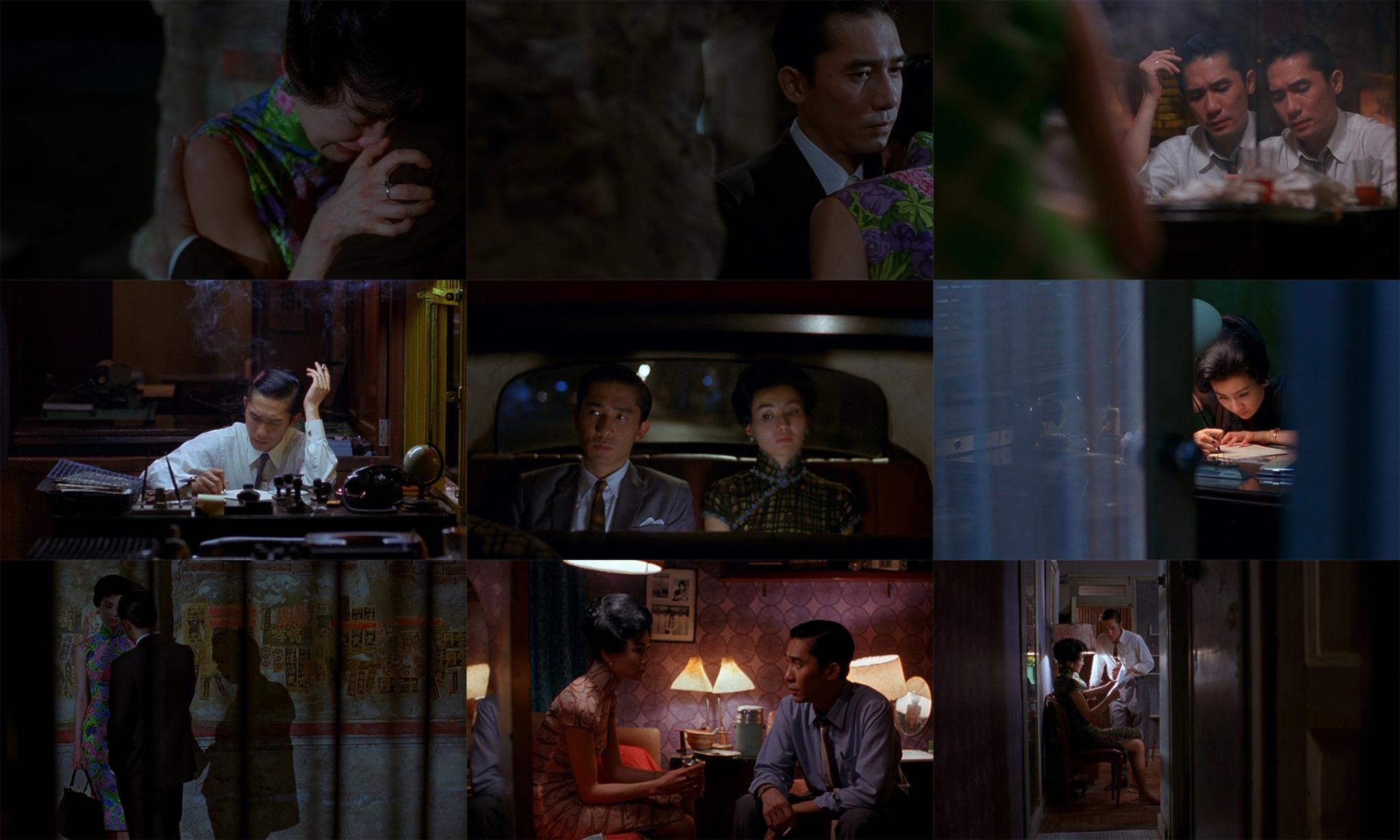
Film Review: In the Mood for Love
There’s no doubt In the Mood for Love is exquisitely produced. Christopher Doyle framed every scene meticulously and lit it gorgeously. The film could be enjoyed purely as moving photography. Despite its flawless aesthetics, I kept checking how much longer I had to sit through it. It was a peculiar experience, and I felt the same watching Chungking Express. Maybe all of Wong Kar-wai’s films leave me cold in the same way. Why? That’s what I’m trying to figure out.
The film is categorized as a romance, and sure, it’s romantic. But that got me wondering what we actually mean by “romance” or “romantic.” In the Mood for Love is, I think, literally romantic; so much so that I wonder if the title should have been In the Mood for Romance. But what’s the difference between love and romance?
There is much overlap, for sure, but I believe what we deem “romantic” is much more social than personal. Let’s say someone calls the relationship between Donald and Melania Trump romantic, and I can imagine many people disagreeing. If I said the relationship between this toaster and that refrigerator is romantic, you’d dismiss it as absurd. In other words, “romantic” is a social construct we feel invested in policing.
Love, on the other hand, is deeply personal. Let’s say your boss at work is an ugly jerk everyone hates, but his beautiful wife passionately loves him. Everyone is puzzled, but they wouldn’t argue over her definition of love. That’s what makes love so fascinating: it doesn’t require social consensus or cultural norms.
A Holocaust film or a story about someone dying of cancer can evoke tears almost automatically. Likewise, In the Mood for Love reliably hits the cultural cues of romance. It follows the formula of courtly love: both characters are noble, restrained, and chivalrous. Their love is impossible precisely because it is honorable. These stories idealize the sacrifice of love for respectability, which is why romantic love is socially admired and aspirational.
In this sense, love is almost the opposite. It is socially unacceptable, idiosyncratic, chaotic, uncontrollable, and messy. Great love stories demonstrate the type of love we did not think existed or was possible. We do not necessarily envy or aspire to it because we feel it is utterly unique to those individuals. A truly unique love story does not feel “romantic” in the conventional sense because romance must conform to cultural templates. “Romantic,” in this sense, always flirts with cliché, and that’s why the word “romanticize” tends to have negative connotations.
In the Mood for Love only engaged me on the surface. It felt more like an illustration than a work of art; an aesthetic essay on what society deems romantic, which is a subject I find hard to care about.
Subscribe
I will email you when I post a new article.


